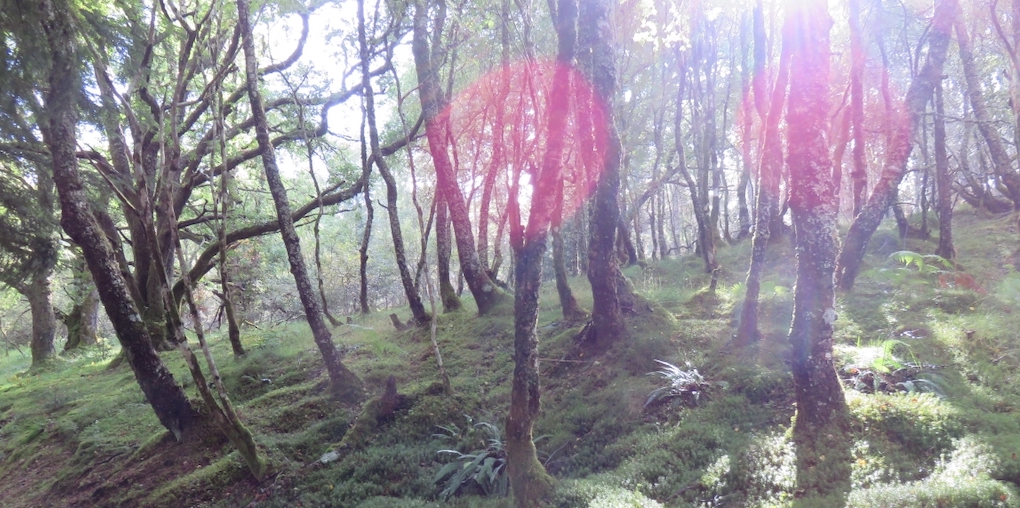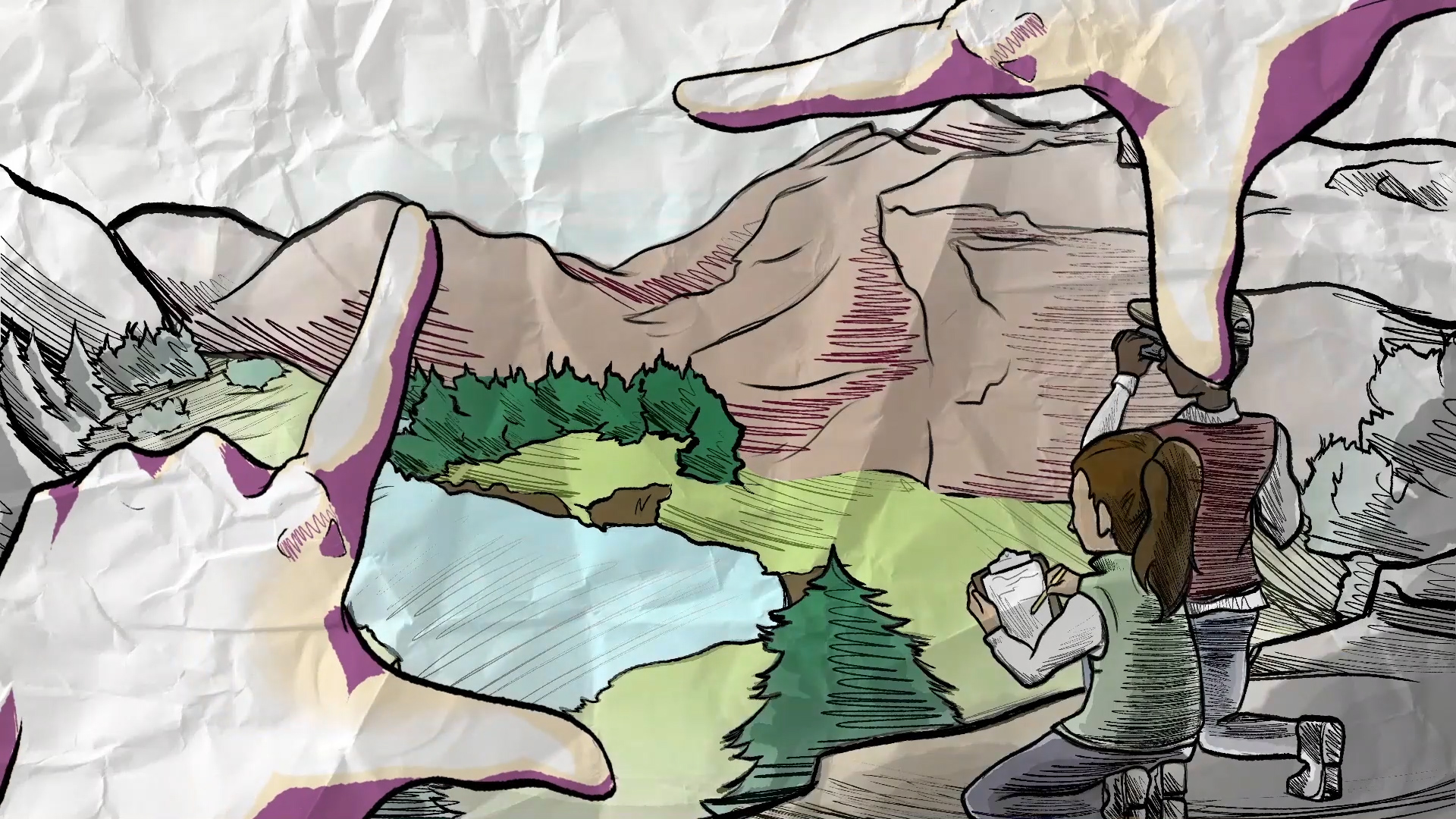
© R Bancewicz
I love to spend time outdoors.
That is a good thing because I am a field biologist who has structured my life and career around opportunities to be in the woods. You won’t be surprised to hear that I rarely find myself alone outside. Virtually all humans feel connected with living things and beautiful spaces. We vacation in the outdoors, we seek fresh air and peaceful spaces for our mental and physical well-being, we spend tremendous sums of money to live with a view of nature or we decorate to mimic that ideal – and I bet your computer wallpaper depicts something from nature. E. O. Wilson, the renowned Harvard biologist, noticed the human connection with nature and other living things and labeled it “Biophilia.”
Now consider the most Biophilic people in your life or society: the environmental advocates, the outdoor enthusiasts, the avid gardeners and birdwatchers, the biologists?
Are they Christians?
While some undoubtedly are, many probably are not. Studies show that scientists are a bit less likely than the average person to be Christian and some argue that environmentalism functions as a quasi-religion for secular humanists. If true, we should question why many of those who are most connected to God’s creation, are least connected to God?
This can be partially explained by the emergence, over the past few centuries, of a modernized Gnosticism in which the physical world is seen as evil and only the spiritual world is part of God’s eternal plan. Due in part to this view, many in the secular world have the false impression that Christianity has no interest in the physical world and thus nothing to offer those who care for or study God’s physical creation. For example, in 1843 religious critic Ludwig Feuerbach said, “Nature, the world, has no value, no interest for Christians. The Christian thinks only of himself and the salvation of his soul.” More recently, historian Roderick Nash complained that “Christian aspirations were fixed on heaven, their final resting. The earth was no mother but a kind of half-way house of trial and testing from which one was released at death. Christians expected that the earth would not be around for long. A vengeful God would destroy it and all unredeemed nature with floods or drought or fire.”
While this caricature bears little resemblance to orthodox Christianity, its persistence speaks volumes about our failure to teach Christians and non-Christians about the doctrine of creation and the theology of nature. Further, it explains why some of those who tread in environmental and outdoorsy circles think that Christianity has nothing to explain their compulsion to care for, and their emotional connection with, their physical surroundings.

© Disciple Science
In reality, Christianity speaks volumes about our connection with the physical world. In the first chapter of Romans, Paul offers an interpretive framework that connects humans to God through what has been created. Our biophilia also fits with the Christian doctrines of God’s providence and immanence. Perhaps our fascination emerges from a subconscious experience of God’s peace and glory through nature as it is sustained by Jesus from one moment to the next. Further, history reveals a long list of influential thinkers, from Francis of Assisi and John Calvin to Jonathan Edwards and John Stott, not to mention numerous scientists, who wrote of their connection with God through nature.
Despite this rich tradition and our expansive theology of nature, our path to reaching the world’s Biophiles isn’t simple or straight. The enlightenment’s stunting of our theological imaginations still haunts some western Christians, not to mention the relationship between science and faith, the politicization of the environment, and the popularity of certain gnostic views of eschatology.
The good news is that none of these explanations should prevent us from assigning theological meaning to our emotional connection with nature. It would help us reach the millions around the world who fear that a Christian faith means they must cleave from their interest in science or nature. Perhaps the most fruitful step forward will come with a realization that the proper interface of Christianity and science is not to reinterpret scientific explanations, but to learn to see the understandings from science as the details of how all creation praises and glorifies the living God.
Explore more on www.disciplescience.com




